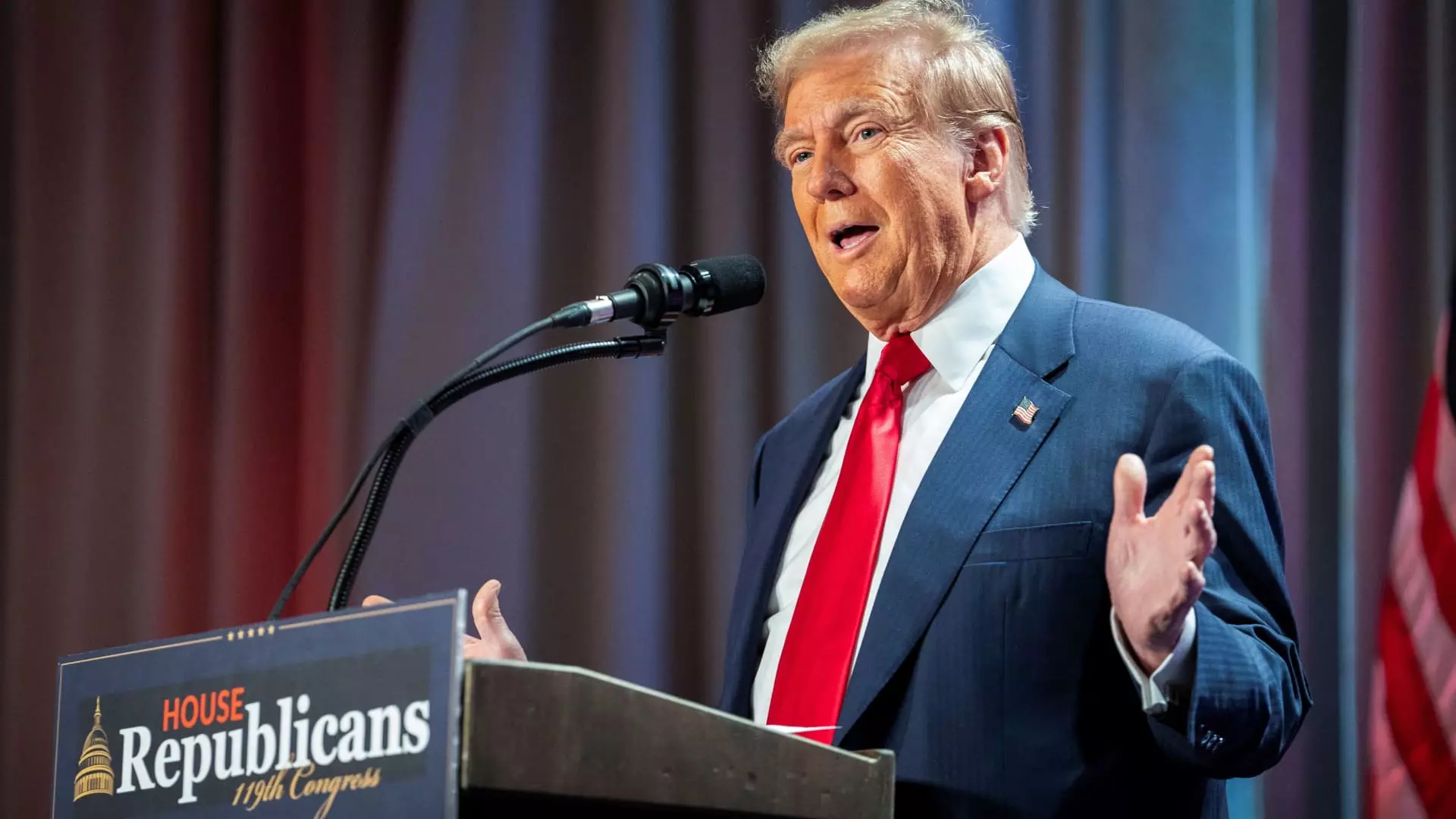The recent nomination of Chris Wright, CEO of Liberty Energy, to lead the Department of Energy marks a pivotal shift in the direction of U.S. energy policy under President-elect Donald Trump. A prominent figure in the oil and gas industry, Wright’s selection signals a commitment to traditional energy resources, particularly fossil fuels, amid ongoing debates about climate change and sustainable energy practices. This article delves into the implications of Wright’s appointment, examining both his background and the potential consequences for the U.S. energy landscape.
Chris Wright is well-known within the oil and gas sector and has gained attention for his outspoken views against mainstream climate change initiatives. His past statements, which reflect a profound skepticism about the climate crisis, could pose challenges to the overall approach towards energy sustainability in America. Wright’s assertion that “there is no climate crisis” and his characterization of public efforts to combat climate change as reminiscent of “Soviet-style communism” reflect a polarized view that may alienate a significant portion of the electorate concerned about global warming.
Moreover, Wright’s business acumen as the founder of Liberty Energy, coupled with his unconventional methods—like drinking fracking fluid on camera to showcase its safety—has contributed to a persona that blends charisma with disruptiveness. However, his lack of political experience may raise questions about his capability to navigate the complexities of public policy in a role as significant as the Secretary of Energy.
Impacts on Energy Production and Policy
Under Wright’s potential leadership, the Department of Energy is likely to further align with Trump’s agenda to maximize oil and gas production. This could entail not only an expansion of drilling efforts but also a reevaluation of regulations surrounding fossil fuel extraction and utilization. Although the U.S. oil output had previously reached unprecedented levels under the Biden administration, the extent to which Wright can influence private companies—who dominate drilling decisions on non-federal land—remains uncertain.
Wright’s nomination arrives at a time when demand for energy is escalating, spurred by technological advancements in artificial intelligence, electric vehicles, and the burgeoning cryptocurrency market. Given these dynamics, the incoming administration may face the dual challenge of increasing oil and gas production while also addressing the rising electricity consumption spurred by these emerging fields.
Wright’s views on climate change can be anticipated to shape the United States’ approach to energy diplomacy as well. His skepticism may serve as a barrier to participating in international agreements aimed at reducing greenhouse gas emissions. Such a stance starkly contrasts the perspectives of previous administrations that sought to reinforce America’s role in global climate initiatives.
The repercussions of endorsing fossil fuel use at this scale will inevitably draw criticism from environmental advocates, scientists, and a section of the public increasingly aware of climate-related issues. Wright’s administration may find it arduous to balance the demand for traditional energy sources against the critical need for sustainable alternatives.
The confirmation of Chris Wright as Secretary of Energy will be closely monitored as a litmus test for the Trump administration’s broader energy strategies. Potential challenges include heightened scrutiny from the Senate during confirmation hearings, particularly concerning Wright’s approach to climate policy and his views on renewable energy sources.
Moreover, the management of the Strategic Petroleum Reserve, oversight of nuclear energy, and engagement with national labs will define his role significantly. These sectors carry unique complexities, especially in striving for bipartisan cooperation around nuclear energy, which has garnered support from both sides of the aisle.
Chris Wright’s nomination presents a transformative moment for U.S. energy policy, echoing a broader ideological divide on how to tackle the pressing energy and environmental challenges of the 21st century. As the nation grapples with the urgent need for sustainable solutions alongside fossil fuel reliance, Wright’s leadership could play a critical role in determining the direction of America’s energy future.


Leave a Reply